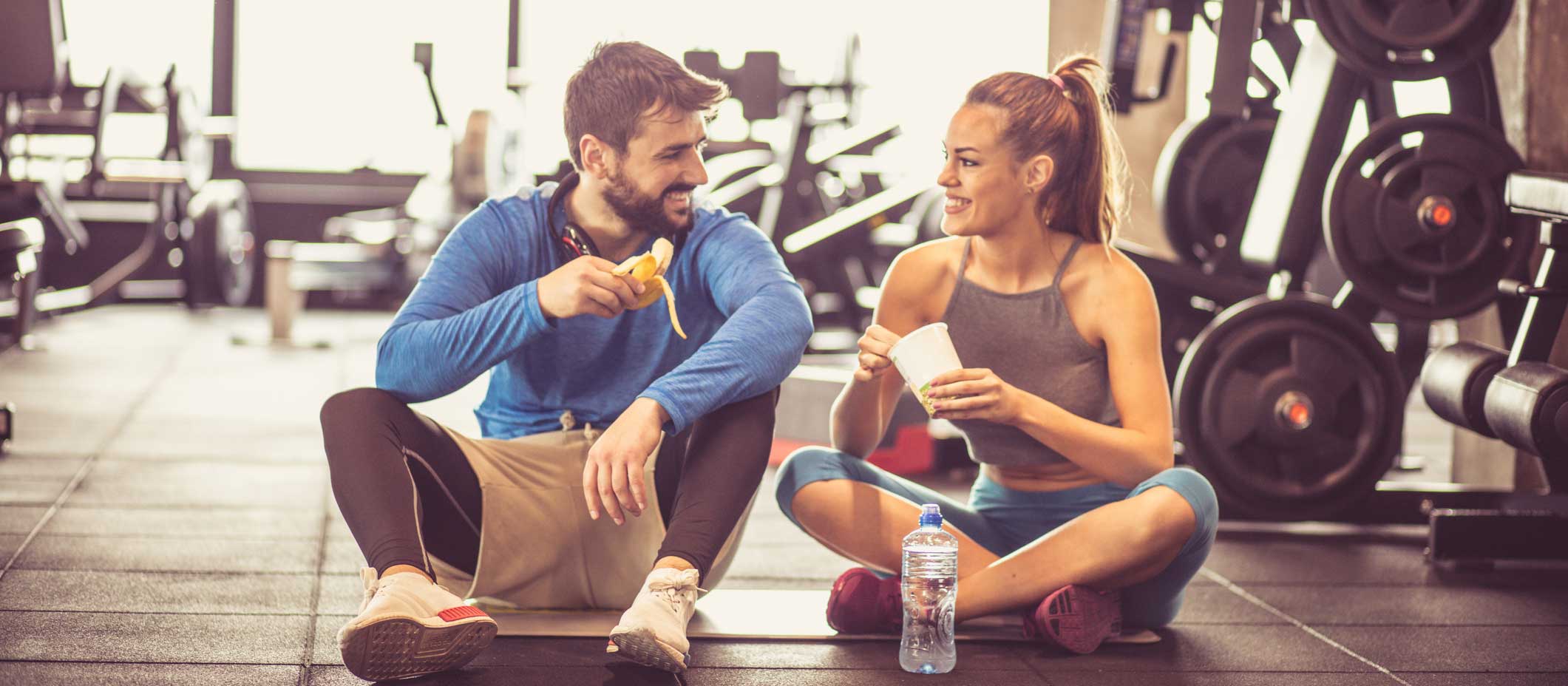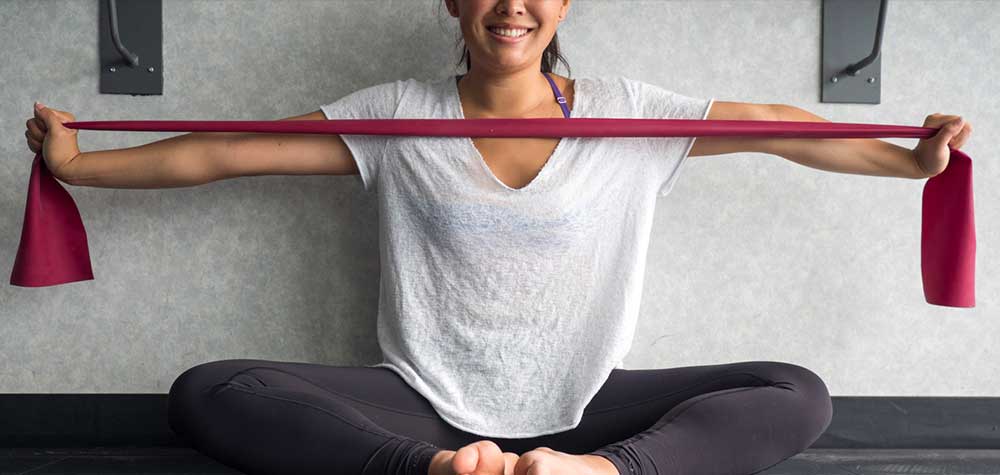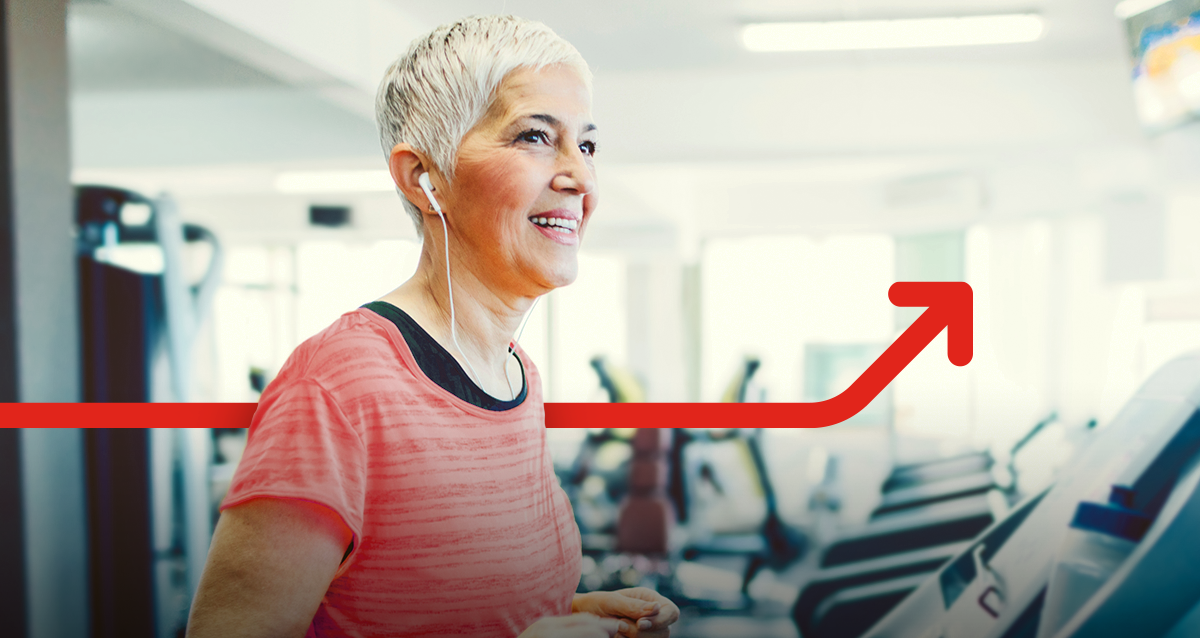Food and Drink Myths
July 15, 2019
Myths and Facts ABOUT FOOD & DRINK
Fact: For some reason carbs have gotten a bad name. It went from being something that fuels your body and gives you energy to something that’s supposedly going to make you gain weight. The truth, though? They’re pretty crucial and shouldn't be avoided.
See our new M1 video. Click to play
Myth: Carb-loading is essential before a race.
Try eating carbs a full day before a race. In fact, carbs eaten days earlier or for breakfast before a race do not seem to impact performance.
Myth: Low-carb, high-fat diets are a proven way to improve performance.
Fact: This approach forces the body to use fat as its fuel source instead of glycogen (which is the fuel created from carbs). We have more fat stores in our body than glycogen, so the theory goes that with this diet you can run further without needing to restore your fuel supply. This eating plan caught on first with the ultramarathon community and is trickling down to shorter races.
One study of serious athletes showed that exercising strenuously in the afternoon, depriving yourself of carbohydrates afterward, training gently the next morning and then swallowing a mound of pancakes might be a useful way to improve endurance and performance. But there is not much science showing that this type of diet enhances performance in the average athlete.
Myth: Dairy products are fattening and unhealthy.
Fact: Dairy products are an important food group because they have protein your body needs to build muscles and help organs work well, and calcium to strengthen bones. Most dairy products, such as milk and some yogurts, have added vitamin D to help your body use calcium, since many Americans don’t get enough of these nutrients. Dairy products made from fat-free or low-fat milk have fewer calories than dairy products made from whole milk.
Myth: You need prepackaged energy products to run.
Fact: If goos, gels and sports drinks turn your stomach, you prefer less-processed products or even if you just want to save money, you can make your own fuel. It’ll take some testing and culinary skills, but it’s possible (and the only option people had before running fuel became big business).
Nature has made it’s own energy foods in the form of raisins, dates or dried cherries. You can make your own sports drink with water, salt and sugar or create your own energy gels by puréeing and combining things like bananas, honey, peanut butter, lemon juice, agave nectar, coconut water and salt.
Myth: Choosing foods that are gluten-free will help you eat healthier.
Fact: Gluten-free foods are not healthier if you don’t have celiac disease or are not sensitive to gluten. Gluten is a protein found in wheat, barley, and rye grains. A health care professional is likely to prescribe a gluten-free eating plan to treat people who have celiac disease or are sensitive to gluten. If you don’t have these health problems but avoid gluten anyway, you may not get the vitamins, fiber, and minerals you need. A gluten-free diet is not a weight-loss diet and is not intended to help you lose weight.
Myth: Sports drinks are healthful beverages.
Fact: Sports drinks are a notable tool for effective training and racing. However, outside of long and/or hard workouts, when you significantly deplete your glycogen stores, they’re of little benefit. In fact, casual athletes are likely to never need them. Except when you use them for performance for training purposes, they fall into the category as other sugary beverages, and provide little quality to your diet. Instead of a sports drink choose juice, a low-sodium vegetable drink, low-fat milk, or good old water. Making the switch will enhance your diet with nutrient-rich beverages instead of excess sugar.
.png?width=258&height=54&name=Landice_logo%20(1).png)



